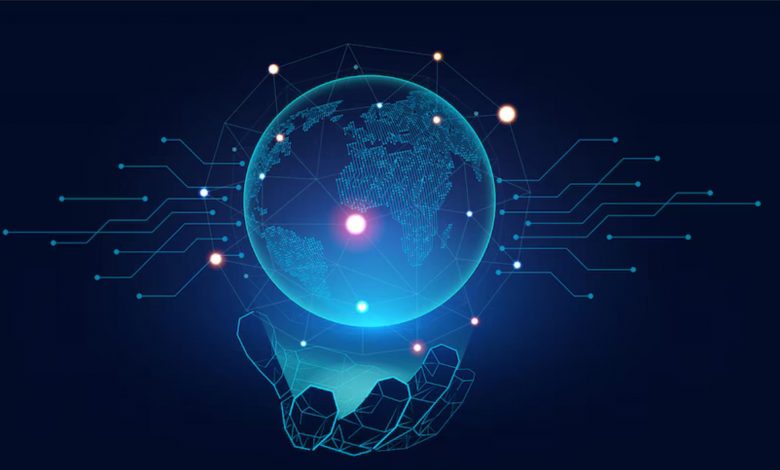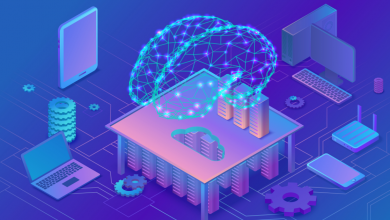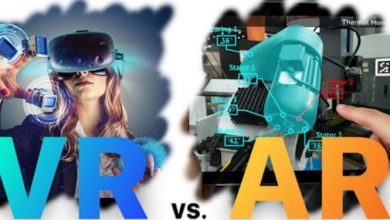AI’s Impact: How Artificial Intelligence is Shaping Our World

Artificial Intelligence (AI) is rapidly reshaping industries and societies worldwide. From enhancing business operations to revolutionizing healthcare and transportation, AI’s impact is profound and far-reaching. Let’s explore how AI is driving innovation and influencing various sectors.
Evolution of AI: Since its inception, AI has evolved significantly. From early successes like IBM’s Deep Blue defeating chess grandmaster Garry Kasparov to the emergence of generative AI models like GPT-4 and ChatGPT, AI has advanced through machine learning and deep learning technologies.
Impact on Business: AI adoption in businesses is on the rise, with approximately 55 percent of organizations integrating AI into their operations. Chatbots and digital assistants streamline customer interactions, while AI-powered data analysis accelerates decision-making processes, empowering companies to make informed choices efficiently.
Job Disruption and Upskilling: While automation raises concerns about job displacement, AI also creates new opportunities and augments existing roles. Skilled and creative positions are less likely to be replaced by AI, fostering a need for upskilling efforts at both individual and organizational levels to adapt to evolving job landscapes.
Data Privacy Challenges: The collection of large datasets for AI training purposes raises concerns about data privacy. Regulatory bodies like the FTC and the Biden-Harris administration are advocating for transparent and cautious data handling practices, reflected in initiatives like the AI Bill of Rights.
Regulatory Landscape: Legal questions surrounding AI, such as intellectual property rights and ethical considerations, are prompting increased regulation. The Biden-Harris administration’s executive order emphasizes data privacy, civil liberties, and responsible AI practices, signaling potential shifts towards stricter regulations.
Climate Change Implications: AI holds promise for enhancing sustainability efforts through efficiency improvements in supply chains and predictive maintenance. However, the energy-intensive nature of AI model development and training poses challenges to environmental sustainability, highlighting the need for mindful implementation.
Industries Reshaped by AI: AI’s influence spans across various sectors, including manufacturing, healthcare, finance, education, media, customer service, and transportation. From AI-enabled robotics in manufacturing to virtual nursing assistants in healthcare, AI is transforming how industries operate.
Risks and Challenges: Despite its transformative potential, AI presents risks such as job displacement, biases in algorithmic models, spread of misinformation through deepfakes, data privacy breaches, and concerns about automated weapons and superintelligence.
Conclusion: As AI continues to evolve, its impact on industries and society will be profound. Addressing challenges while harnessing its potential for positive change will be crucial in navigating the future powered by artificial intelligence.




